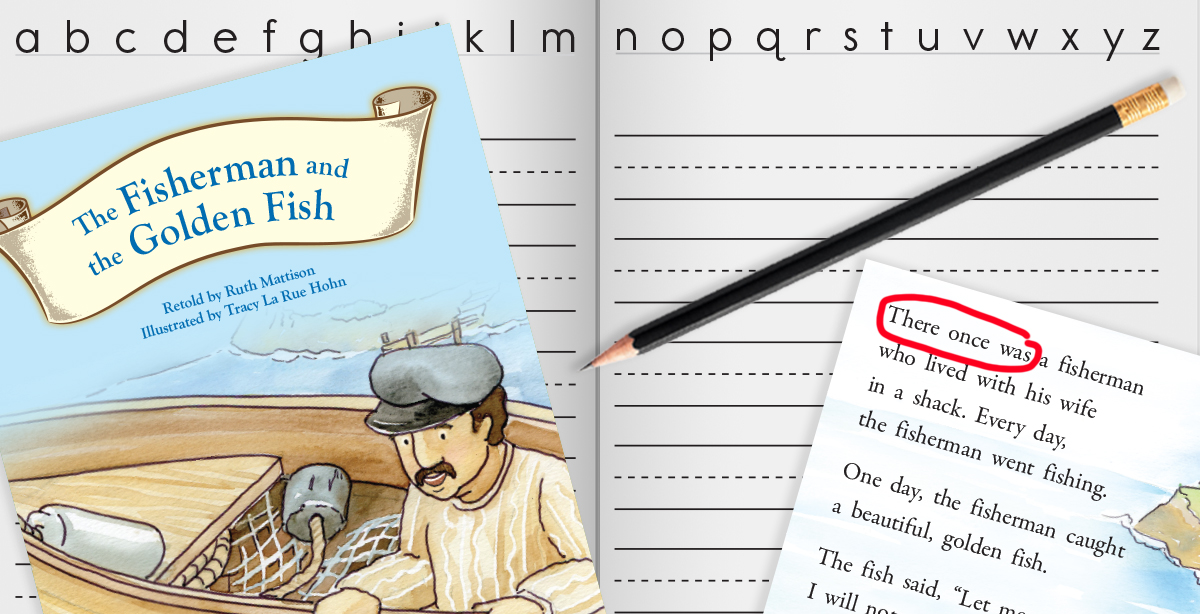by Amy Bowlin
When we talk about guided reading, we don’t often think about writing being an important part of the lesson—but it is! Embedded in every Literacy Footprints lesson is an opportunity for students to write about what they read. Writing plays an important role in building students’ literacy skills. Unfortunately, in the hectic schedule of our school day, sometimes guided writing gets placed on the back burner.
Michèle Dufresne and Jan Richardson have explained that guided writing is “assisted writing, not assigned writing.” Just like we support students as they read a new book for the first time, during guided writing we guide students as they write about the book. The power of partnering writing and reading in the small-group lesson is often referred to as reciprocity. What students learn while writing can be applied to reading and vice versa. Through guided writing, we can deepen students’ understanding about the text, apply word study/phonics instruction we taught during the lesson, and help students develop writing skills. In this small-group setting, we also can more easily meet individual needs.
Let’s review how this works out practically:
Let’s take the book The Fisherman and the Golden Fish, Level J, Lesson 122 (Intervention Partner Kit) as an example. The focus for comprehension is to retell the key ideas and details. Using the Fairy-Tale Characteristics card prompts, students craft their writing to reflect the key elements of what they read the day before. They will use special phrases like Once upon a time or Long ago. Then students retell the story, describing the characters, problem/solution, and key details.
As students develop from Emergent to Fluent readers, they learn to respond through writing in more sophisticated ways: analyzing characters, asking and answering questions, summarizing, and more. Writing is one of the highest forms of communication, and using guided writing to help students develop their literacy skills has far-reaching benefits.
Resources
Mary D. Fried (2006), Reciprocity: Promoting the Flow of Knowledge for Learning to Read and Write

